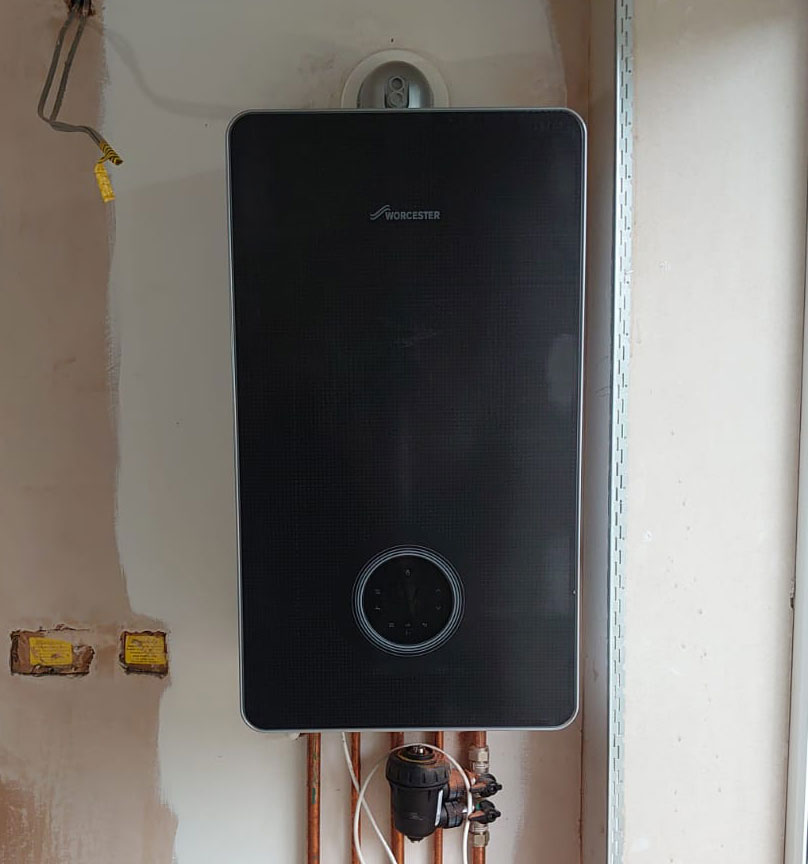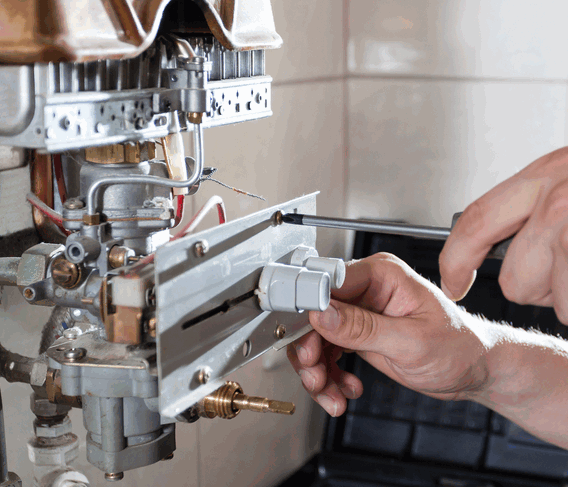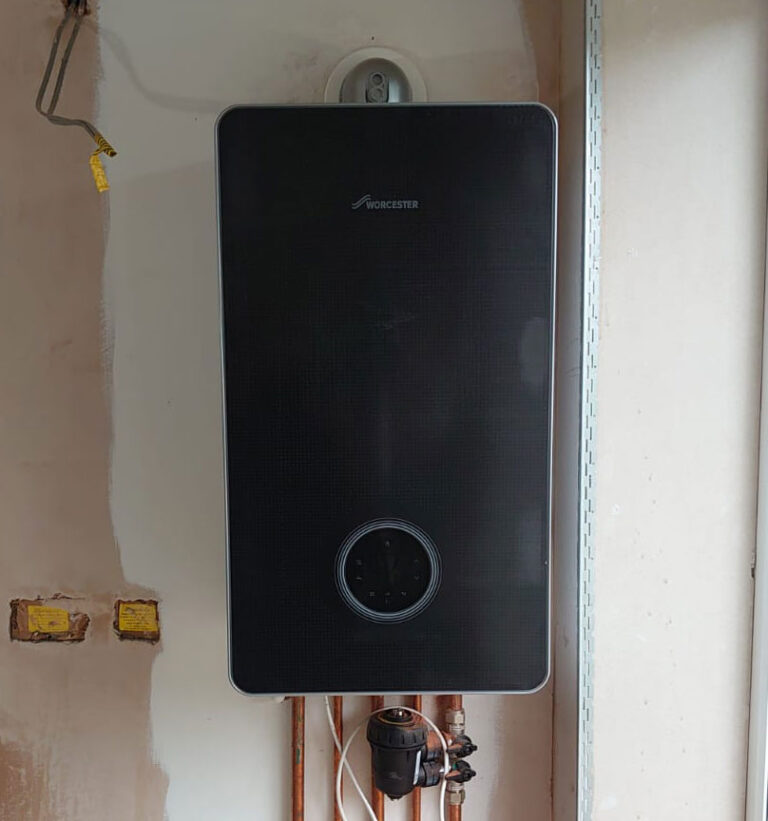how Do I Know if My Boiler Is Economical?
Determining whether your boiler is economical involves evaluating several key factors that influence its efficiency, operating costs, and environmental impact. First and foremost, you should consider the boiler’s age and model. Modern boilers, especially condensing boilers, are designed to be more energy-efficient than older models, typically boasting efficiency ratings of 90% or higher.
These newer models capture more heat from the fuel they burn, converting it into usable energy and reducing waste. Checking the boiler’s energy efficiency rating, usually displayed on a label or in the product manual, provides a good starting point. Additionally, you can compare this rating with current standards and regulations to gauge its performance. Another significant indicator is your energy bills. If you notice consistently high heating costs, it could be a sign that your boiler is not operating efficiently. An economical boiler should help keep your energy expenses manageable. You can further investigate by tracking your energy usage over time, noting any spikes or patterns that might suggest inefficiency.
Maintenance and servicing also play crucial roles in a boiler’s economy. Regular maintenance, ideally performed annually by a qualified technician, ensures that all components are working correctly and that the boiler is clean and free of debris that can hinder performance. Poorly maintained boilers are prone to breakdowns and inefficient operation, which can significantly drive up costs. Pay attention to the boiler’s performance; frequent issues or the need for repairs might indicate that it’s time to consider a more economical replacement.
The thermostat and controls associated with your boiler are equally important. Modern, programmable thermostats can greatly enhance the efficiency of your heating system by allowing precise control over the temperature and heating schedules, ensuring that the boiler only operates when necessary. If your thermostat is outdated or lacks programmable features, upgrading it can lead to significant energy savings. Furthermore, consider the size of your boiler in relation to your home’s heating needs. An oversized boiler will cycle on and off frequently, wasting energy, while an undersized boiler will struggle to heat your home adequately, leading to prolonged operation and higher energy consumption. A professional assessment can help determine if your boiler is appropriately sized for your home. The type of fuel your boiler uses also impacts its economy. Gas boilers are generally more economical than oil or electric boilers, given the current costs and efficiency rates of these fuels.
If you’re using a less economical fuel type, it might be worth exploring alternative options or even considering a boiler that supports multiple fuel types. Additionally, the insulation of your home plays a critical role. Poor insulation means your boiler has to work harder to maintain a comfortable temperature, leading to higher energy use. Ensuring that your home is well-insulated can maximize your boiler’s efficiency and reduce overall heating costs. Lastly, environmental considerations and incentives should not be overlooked. Many governments and local authorities offer rebates, tax credits, or incentives for upgrading to high-efficiency boilers or renewable energy systems.
Taking advantage of these programs can offset the initial investment costs and make an upgrade more economically viable. In summary, an economical boiler is characterized by high efficiency, manageable running costs, regular and thorough maintenance, appropriate sizing, modern control systems, optimal fuel type, and being supported by a well-insulated home. By carefully evaluating these factors and making necessary adjustments or upgrades, you can ensure that your boiler operates economically, providing reliable and cost-effective heating.




